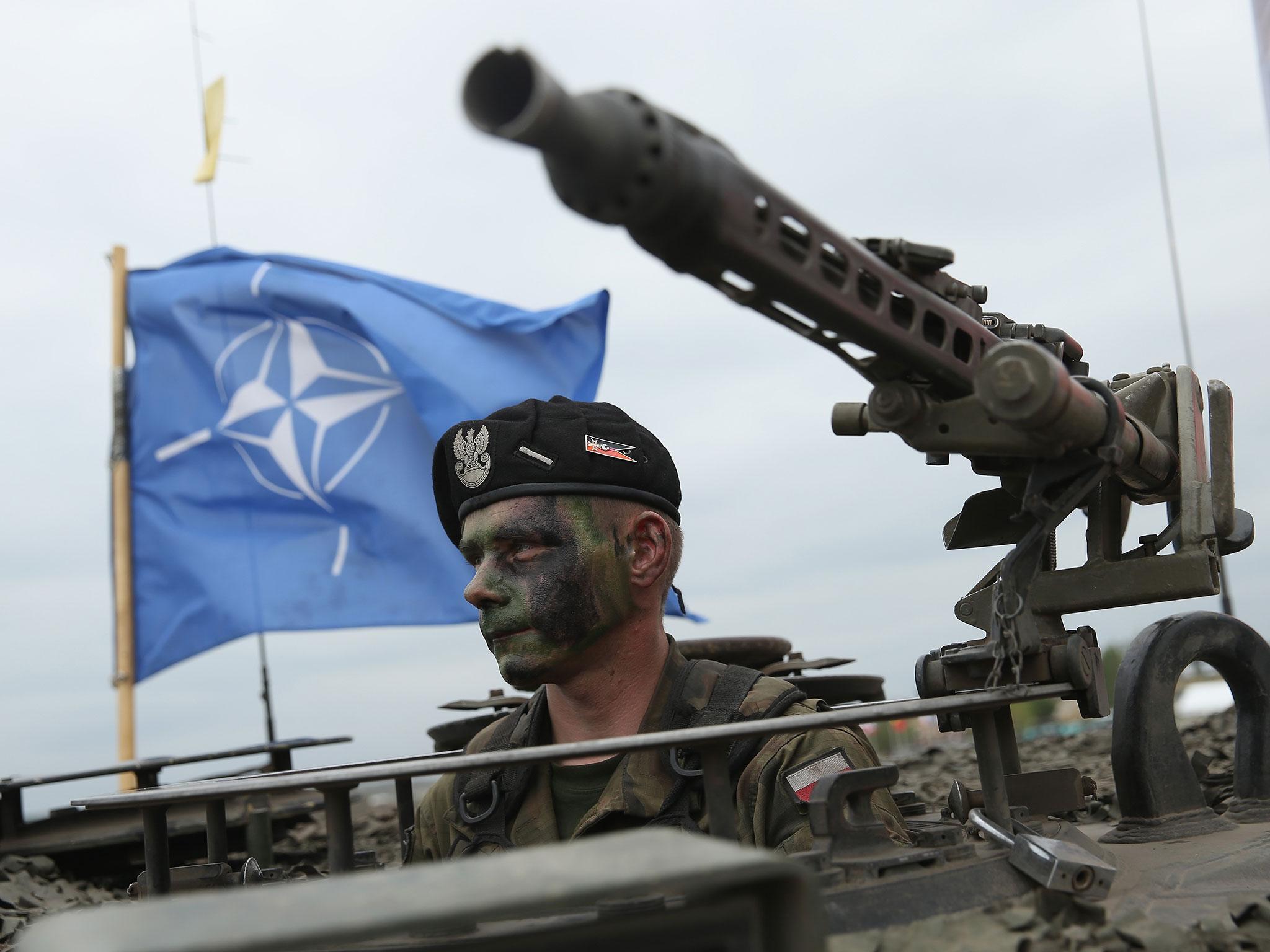Russia could invade Europe within 48 hours, warns ex-military chief
General Barrons claimed Russia could deploy warplanes, ships and troops within hours

Your support helps us to tell the story
From reproductive rights to climate change to Big Tech, The Independent is on the ground when the story is developing. Whether it's investigating the financials of Elon Musk's pro-Trump PAC or producing our latest documentary, 'The A Word', which shines a light on the American women fighting for reproductive rights, we know how important it is to parse out the facts from the messaging.
At such a critical moment in US history, we need reporters on the ground. Your donation allows us to keep sending journalists to speak to both sides of the story.
The Independent is trusted by Americans across the entire political spectrum. And unlike many other quality news outlets, we choose not to lock Americans out of our reporting and analysis with paywalls. We believe quality journalism should be available to everyone, paid for by those who can afford it.
Your support makes all the difference.A former NATO chief has warned Europe could be at the mercy of an imminent attack from Russia with no defence plans to repel an invasion.
General Sir Richard Barrons claimed Russia could deploy warplanes, ships and troops on European soil within 48 hours if it desired, with NATO some months away from an effective counter-strike.
The former chief of Joint Forces Command warned that the failure of countries such as France, Germany and Italy to take the threat of Russian aggression seriously could lead to a loss of land, sea and airspace.
Countries bordering the country, led by president Vladimir Putin, are concerned about the threat from their neighbour, not a priority for southern and central states.
The majority of the EU bloc is focussed on the heightened terror threat and migration crisis gripping the continent.
This is despite Moscow investing in new state-of-the-art equipment set to rival NATO’s arsenal.
“If you list all the military capability that Nato has, it has a lot more than Russia, but because most of it exists in this semi-dormant state there is a window of opportunity where . . . Russia could use its smaller forces to tweak Nato in a way to which Nato would be very pressed to respond because it doesn’t have any plans to do that.
“In the absence of consensus, largely between the north, the centre and the south, it drops down to the lowest common denominator and not much will happen.” Sir Barrons told The Times.
Russia’s recent annexation of Crimea and military exercises in Ukraine earned it international condemnation, but its provocative behaviour has been unable to galvanise NATO into forming a credible opposition plan against a possible Russian invasion.
There is a proposal to base roughly 1,000 troops in each of the Baltic states and Poland, but the move was criticised for lacking any real military backing, nor outlining any clear rules of engagement should Moscow strike.
But the plans were dismissed by Sir Barrons as a mere window dressing, saying it lacked real “force and resilience”.
Britain is leading the Baltic deployment.
Join our commenting forum
Join thought-provoking conversations, follow other Independent readers and see their replies
Comments